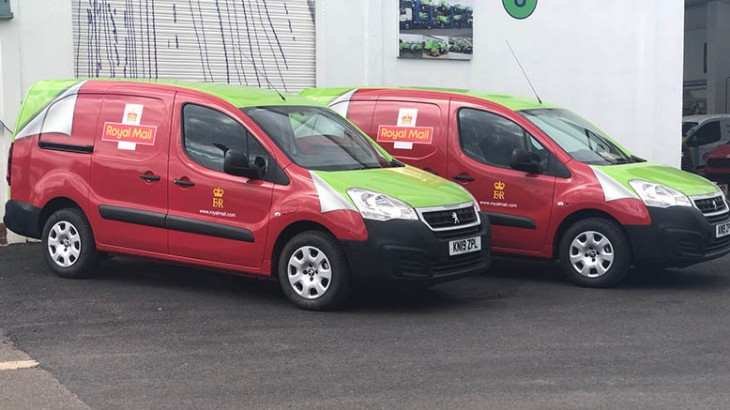Collective sustainability

PostEurop and the International Post Corporation (IPC) have joined forces to promote the essential role of postal operators in the fight against climate change.
On Friday’s Green Postal Day, the CEOs of 15 postal organisations worldwide, including Royal Mail, underlined the concrete actions they have taken to protect the environment and support Europe’s commitment to be a carbon-neutral continent by 2050.
- Reduction in absolute carbon emissions. With a reduction of more than 30 per cent of their CO2 emissions in 2019, postal operators have exceeded their initial targets for 2020 by 50 per cent.
- Carbon emissions efficiency. Postal operators participating in IPC’s Sustainable Monitoring and Management System (SMMS) reduced their absolute carbon emissions by 31 per cent since 2008.
- Increasing the fleet composition of alternative fuel vehicles and electric vehicles. Electric vehicles now account for a 15 per cent share of postal operators’ fleets, an increase of 10 per cent over the last three years.
- Waste separated for re-use and recycling. In the report published on Friday 18 September, 47 per cent of postal operators’ waste is separated for re-use or recycling.
Meanwhile, postal operators are continuing to work towards the science-based efficiency target of 20 per cent emission reduction per letter/parcel between 2019 and 2025.
The postal sector is one of the only industry sectors to have its own collective sustainability measurement and reporting programme. With more parcels than ever being delivered during the Covid-19 crisis, postal operators are integrating sustainability into their strategies and activities and collectively looking for ways to reduce the sector's overall environmental impact.
CEO, Stuart Simpson, said: ‘We continue to deliver initiatives that support the collective targets of the IPC, while meeting the high expectations of our customers. With 90,000 postmen and postwomen making up the UK’s largest feet-on-the-street network, we are already playing a big role in keeping the emissions associated with deliveries low.
‘More recently, we have expanded our fleet of electric vehicles to around 300 vans in various locations across our business. We continue to trial low emission vehicles; the most recent example being a prototype electric van based on a London taxi from the London Electric Vehicle Company. This trial forms part of a programme of vehicle and efficiency initiatives that will enable us to assess and deploy ways of further reducing our environmental impact.’



